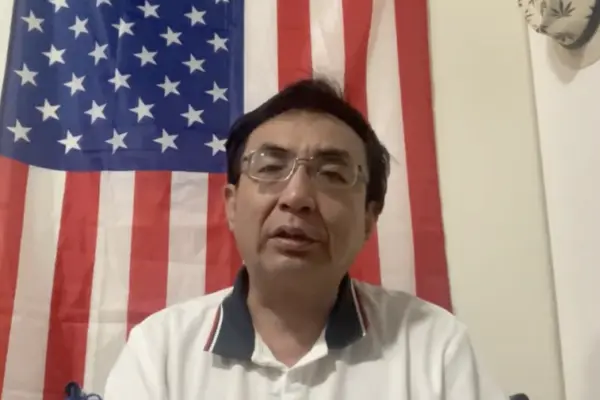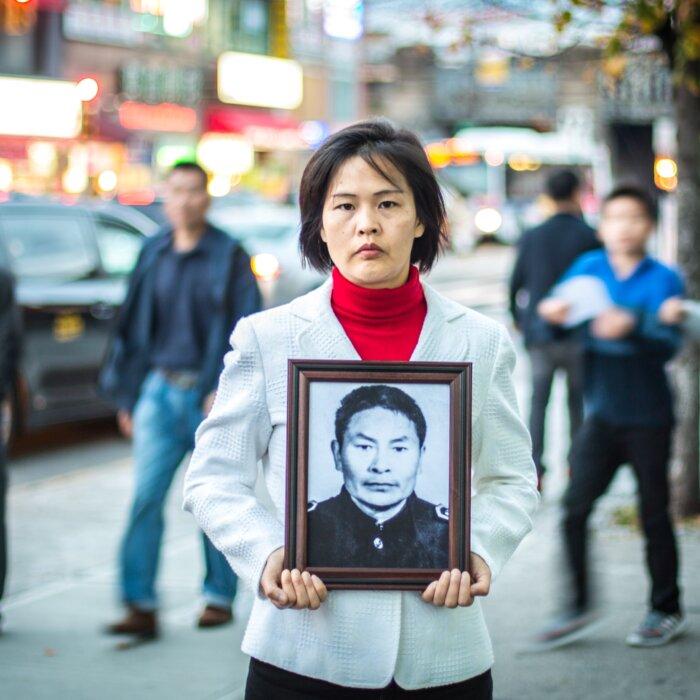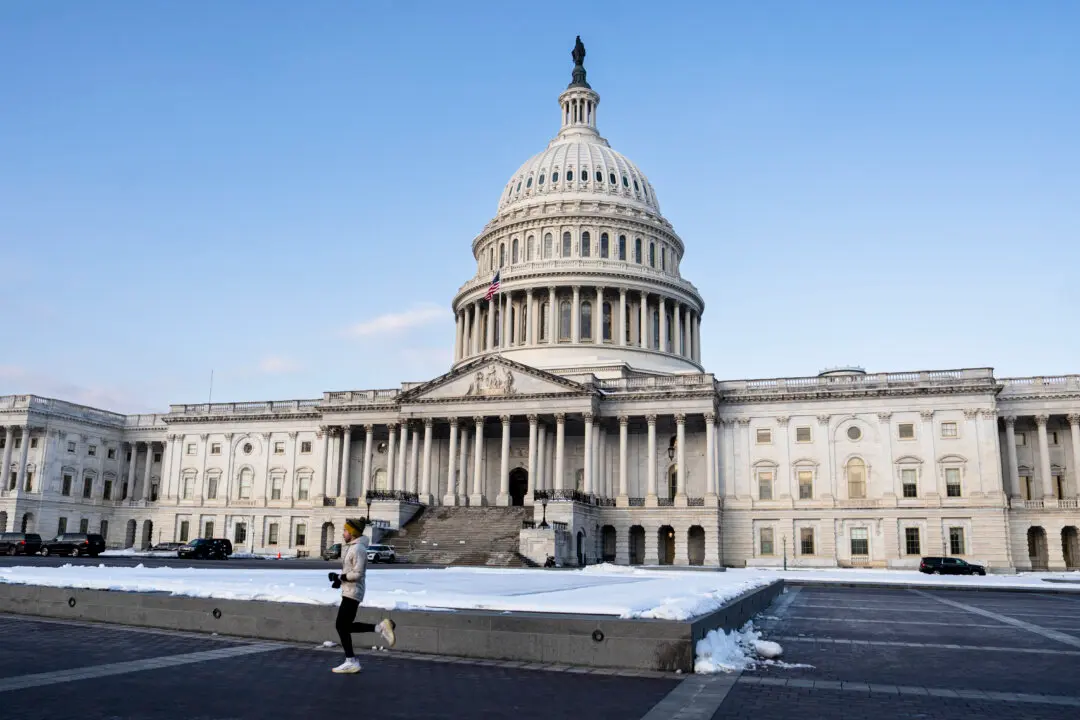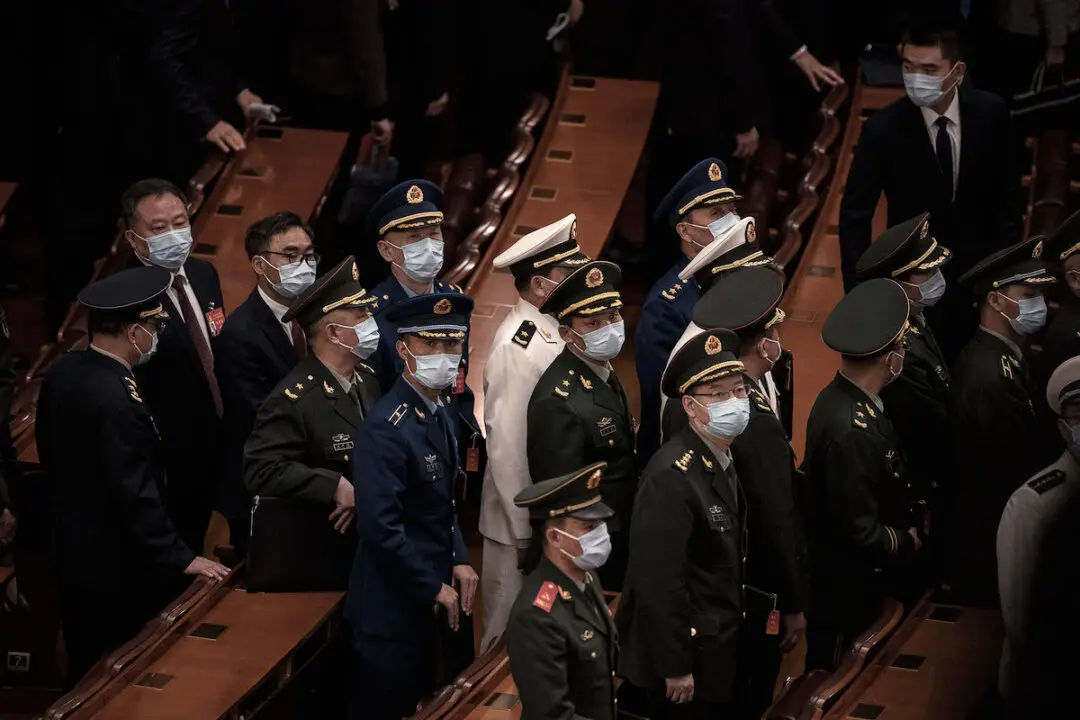For 36 years, Gu Kai carried a secret too horrific to tell.
In 1989, the then-college student was arrested in Shanghai for supporting the Tiananmen Square protests and while in prison, he said he witnessed evidence of China’s execution system being used to harvest organs from prisoners.
Fearing repercussions against himself and his family, Gu remained silent until this year. In March, after visiting the Liberty Sculpture Park and Tiananmen Square Memorial in Yermo, California, and attending a commemorative event for the 36th anniversary of the massacre, he decided to share what he had witnessed.
A Prisoner’s Fate in Shanghai
Gu was 21 when authorities detained him, accusing him of being a “counterrevolutionary,” a charge often used by the Chinese Communist Party (CCP) against political dissidents. He was placed in Shanghai No. 1 Detention Center, placed into a 12-square-meter cell with more than a dozen inmates.In November 1989, a young death-row prisoner named Ge Yanping was transferred into Gu’s cell. Ge, then 25, had worked at China’s state-owned Baosteel Group before being convicted of murder. Gu recalls that in January 1990, prison doctors drew several vials of Ge’s blood.
“Everyone knew that when they drew blood from a death-row inmate, it was for organ matching. It was an open secret,” Gu said.
Weeks later, guards called Ge’s number, 728, and led him away, telling him he was going to court. He never returned. Before leaving, Ge entrusted Gu with his home address and asked him to check on his parents if he survived prison.
A Father’s Devastating Evidence
After his release in August 1990, Gu visited Ge’s parents. What he saw there haunted him even more than prison.Ge’s father, a retired soldier and communist party member, showed him a cache of documents and photographs obtained through contacts in the court system. The images, according to Gu, included Ge kneeling for execution the moment a bullet impacted his head, as well as images of medical staff peeling away his skin and opening his chest to remove his organs.
“The photos were shocking,” Gu said. “It was clear he hadn’t fully died from the gunshot before they started. They stripped him, cut him open, and took his organs.”
Ge’s father wept as he explained why he had remained silent. “My son killed someone, and he deserved the death penalty,” he told Gu. “But why did they have to mutilate the body like this? If I had protested back then, I would have lost my job and pension. It would have destroyed the whole family.”
Gu said that Ge’s father was only able to obtain the photos because he had contacts in the CCP’s justice system. Officially, he was only provided with his son’s ashes.
Other former detainees have given similar testimony. Yang Wei, a pro-democracy activist imprisoned around the same time, recalled that doctors frequently drew blood from shackled death-row prisoners. When he asked the doctors why, they told him it was for “health checks” but he said everyone knew it was for organ matching.
“They weren’t sick,” Yang said. “They were being prepared.”
Both accounts reinforce long-standing allegations that China has relied on executed prisoners to supply organs for its transplant industry, a practice that Beijing denied for years before admitting in 2005 that it was common practice.
In 2006 it was first reported that practitioners of the spiritual discipline Falun Gong were killed by the regime for their organs. Multiple international investigations, including the China Tribunal in the United Kingdom, which in 2019 concluded Beijing had committed organ harvesting on a large scale for many years and that Falun Gong practitioners were their main source.
The issue resurfaced on Sept. 3 at the CCP’s military parade, when a live broadcast caught Russian President Vladimir Putin telling Chinese leader Xi Jinping that continuous organ transplants could extend life, even toward “immortality.” Xi remarked that the practice could help humans live to 150 years old in this century.
“In a country without democracy, without elections, without freedom of speech, any kind of atrocity can happen,” Gu said.
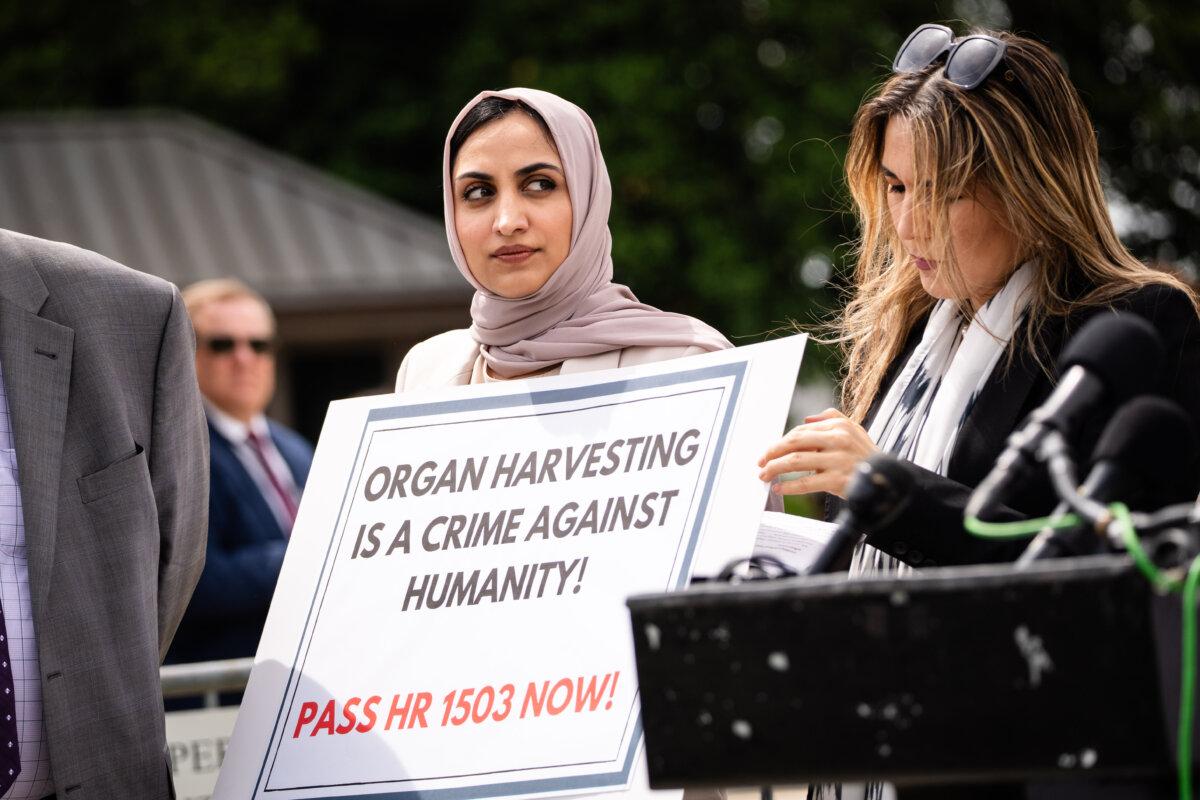
Decades later, and now living in New York City, Gu still struggles to process what he saw and learned. The photographs from Ge’s father remain seared into his mind.
“It’s truly tragic that such things have happened,” he said. “Only when the day comes that China becomes democratic will this dark secret be exposed—because the Communist Party still keeps the files, a ledger of every person’s actions.”
